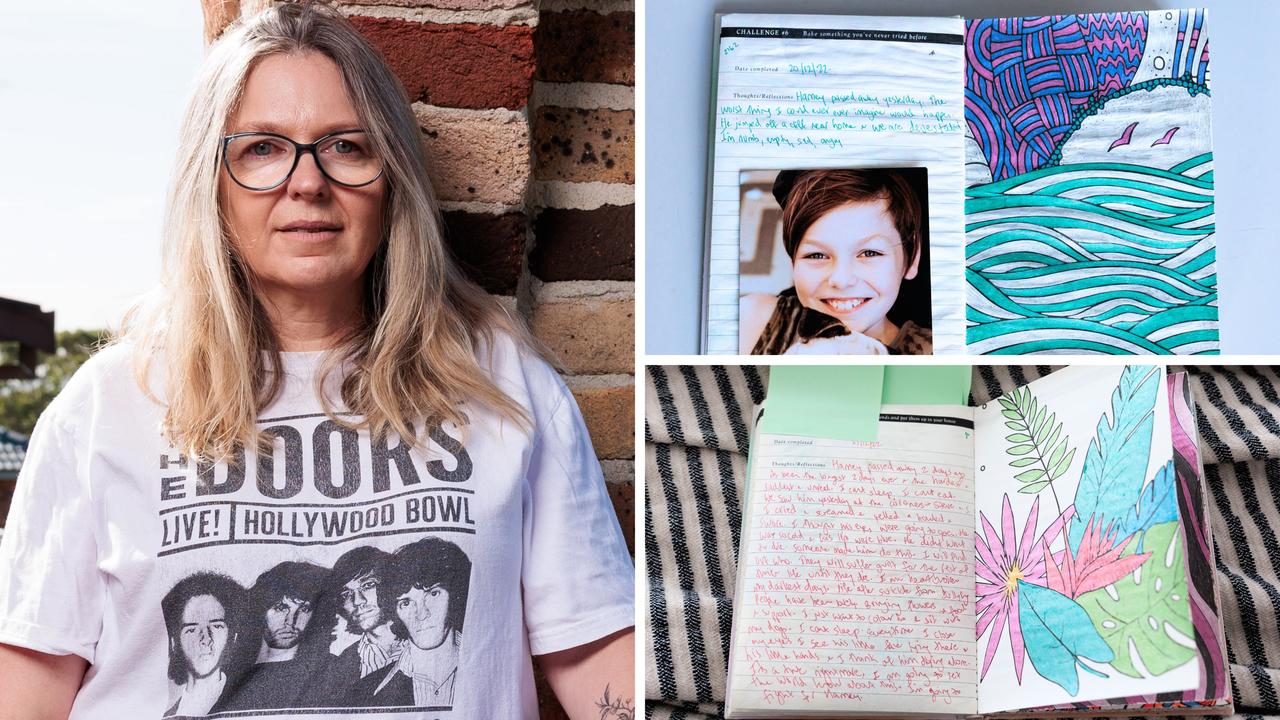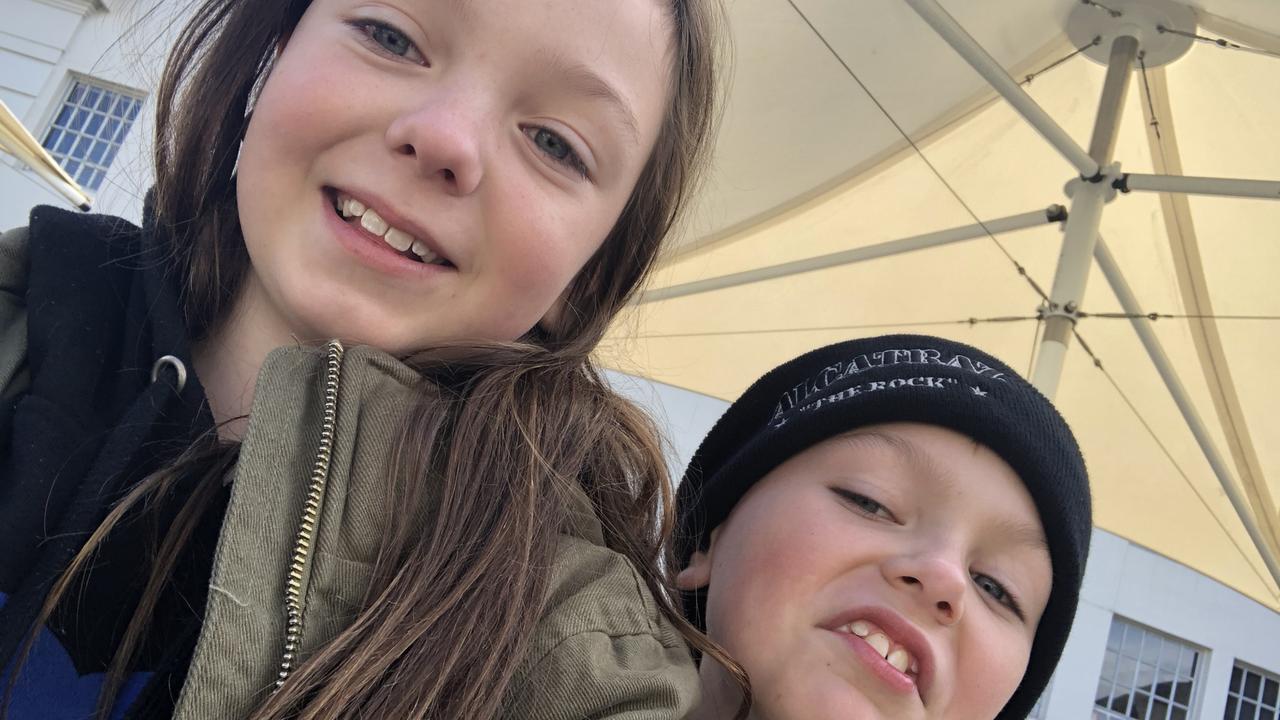Domestic Violence victim Rebecca Poulson on her recovery 15 years after her dad, niece and nephew were murdered by brother-in-law
It’s been 15 years since Rebecca Poulson woke up to a call that would change her life forever. And in that time, she’s been asked some horrific questions.

Doing nothing does harm, and that’s the message Rebecca Poulson lives by each and every day after her life changed forever on the morning of her 33rd birthday.
Waking to a policeman bellowing down her intercom in the early hours of September 15, 2003, Ms Poulson was delivered the worst news imaginable.
Her father, her nephew and her niece had all been murdered at the hands of her brother-in-law.
Her father, Peter Poulson, niece Malee and nephew Bas were at a home in Wilberforce, northwest of Sydney when the horror attack occurred.
As police pulled up to the home, three people were lying in the driveway and there was blood over the cement. Neung Kongsom, her sister’s abusive ex-partner, had the knife raised as police jumped out of the car and shot him. He later died.
It’s been 15 years since three of her family members were tragically taken away, but Ms Poulson says now is more important than ever to talk about what happened.
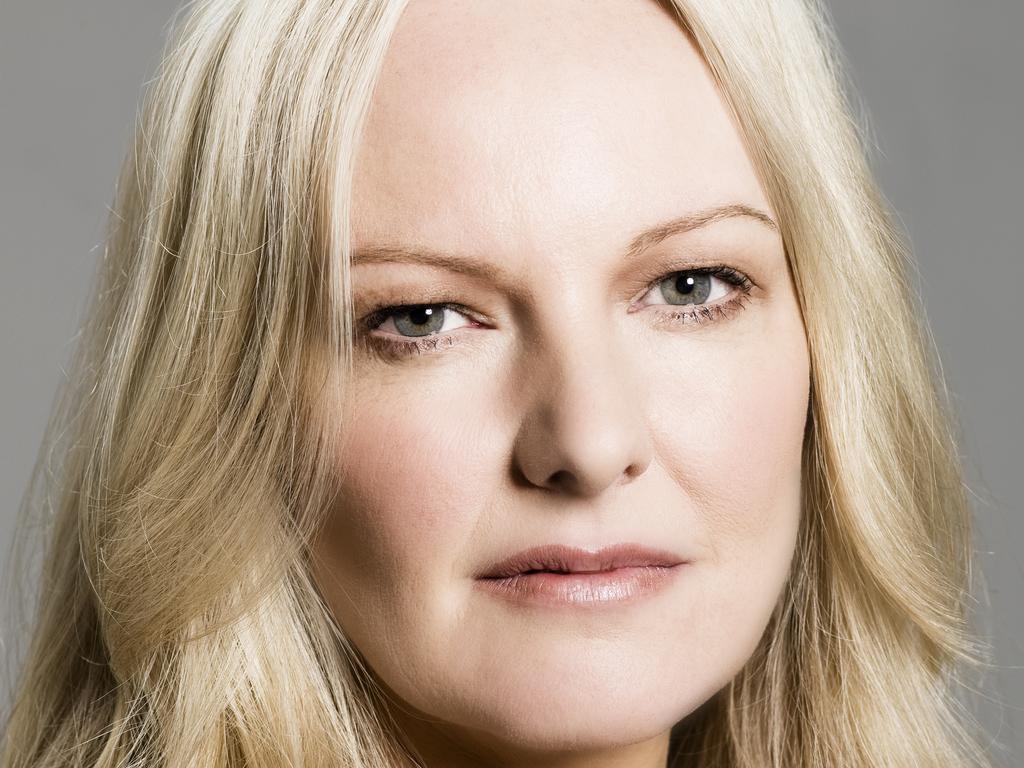
To coincide with International Day for the Elimination of Violence Against Women, Ms Poulson — who has also been a victim of domestic violence in a past relationship — says her history shouldn’t be forgotten with time, but serve as a reminder of why women’s voices need to be heard.
“As a survivor of domestic and family violence, I felt emboldened by these honest women to continue to speak publicly about my experience,” she said.
“I suffered through years of abuse at the hands of a man who claimed to love me. At the time, he beat down my spirit and stifled my voice through fear, power and control.
“My family also felt the scarring effects of family violence, after my gorgeous young niece, Malee and nephew, Bas were slain by my brother-in-law. My father died trying to protect his grandchildren, an act of love that cost him his life.”
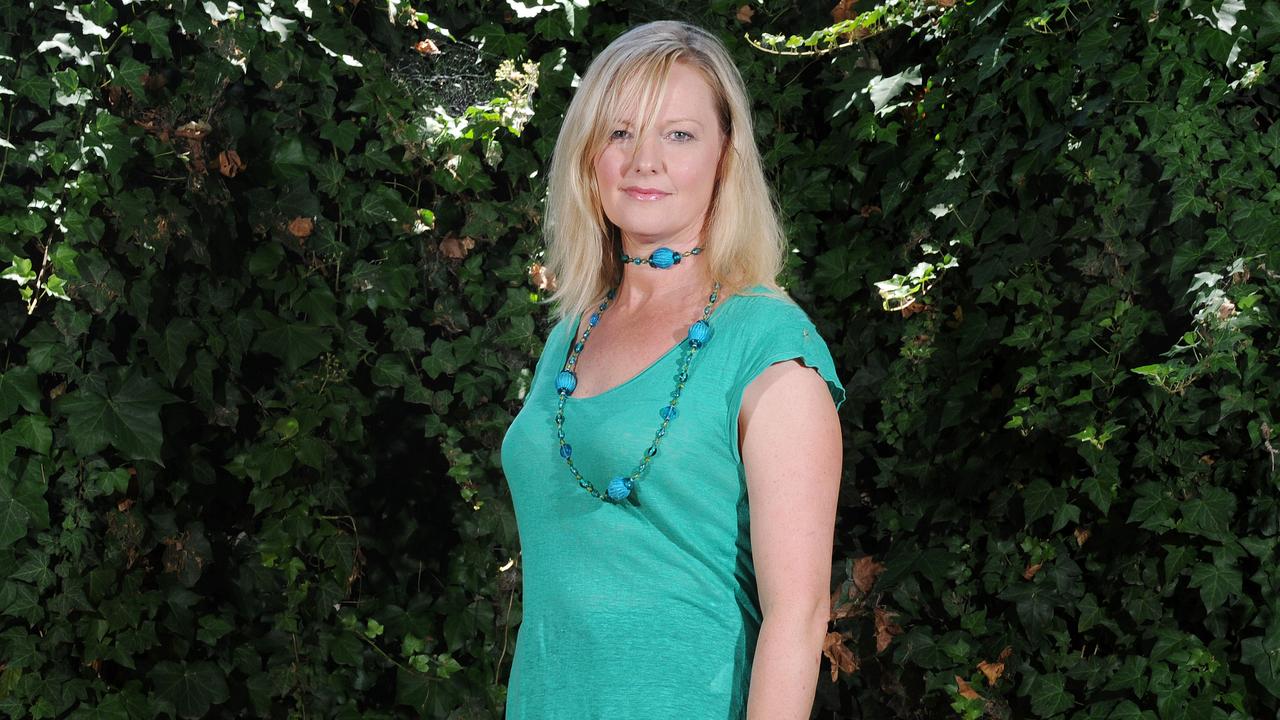
Since their murders, Ms Poulson says she’s been hounded for interviews, and forced herself to open up to strangers wanting to talk about that night in September 2003. And while time has helped her heal, the pain will never leave.
“The killing of women in this country at the hands of their partners or ex-partners continues at a sickening and steady rate,” she said.
“The pain doesn’t ever leave you, but it’s not as all consuming as it once was. I had actual physical pain in my heart when it happened, so bad you can barely breath, talk or eat.
“Over time, you accept the grief will be a part of you all the time. So instead of denying it, you can actually build on top of it. I call it black veins of grief. They are there forever but you can build on top of it by talking to people.”
Ms Poulson said it’s important for victims to put rituals in place, especially around anniversaries.
“There are trigger dates for me,” she explained.
“But you can never tell until the day arrives what it will be like. In the initial few years, it’s important not to put too much pressure on those days and be kind to yourself.
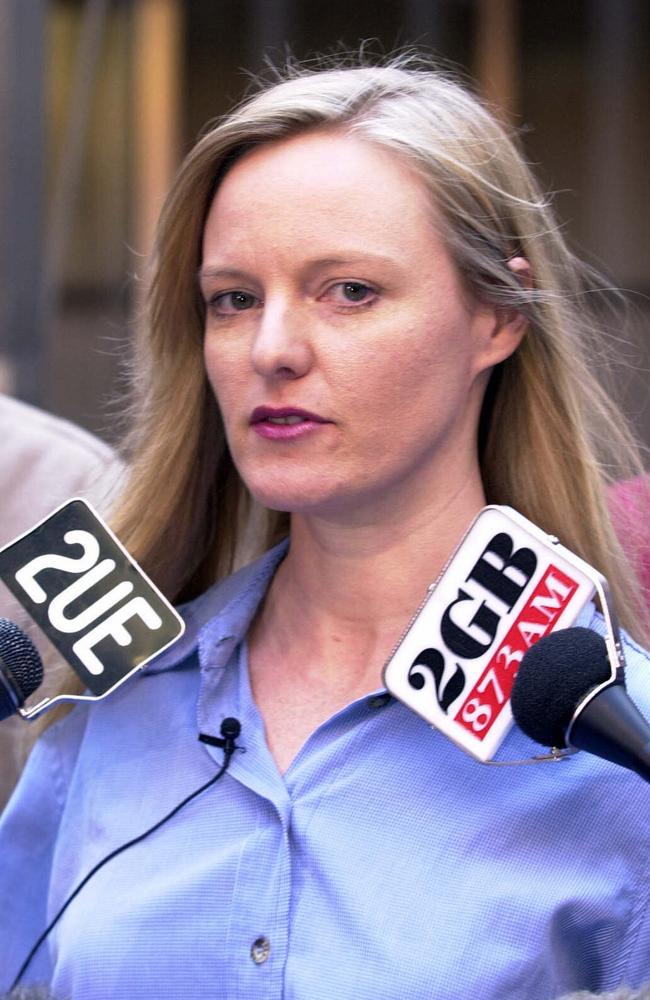
“These dates do change … such as last year, father’s day was horrendous to me. But the year before it wasn’t so bad.”
Ms Poulson, who has written a book titled Killing Love about her family’s murder,said putting pen to paper and writing chapters about what had happened was a way of helping herself move forward.
“I lost some friends over this, because they didn’t know what to say to me so actively left me,” she said. “I saw people cross the street to avoid me as they didn’t know what to say.
“But some people, who were only acquaintances, came forward and in to my life. So it’s not who you expect will step forward.
“People process things differently, and the brain works differently. For me, writing a book was a really good thing to do. Some chapters were so hard to write, like running a marathon, but afterwards you feel lifted.”



